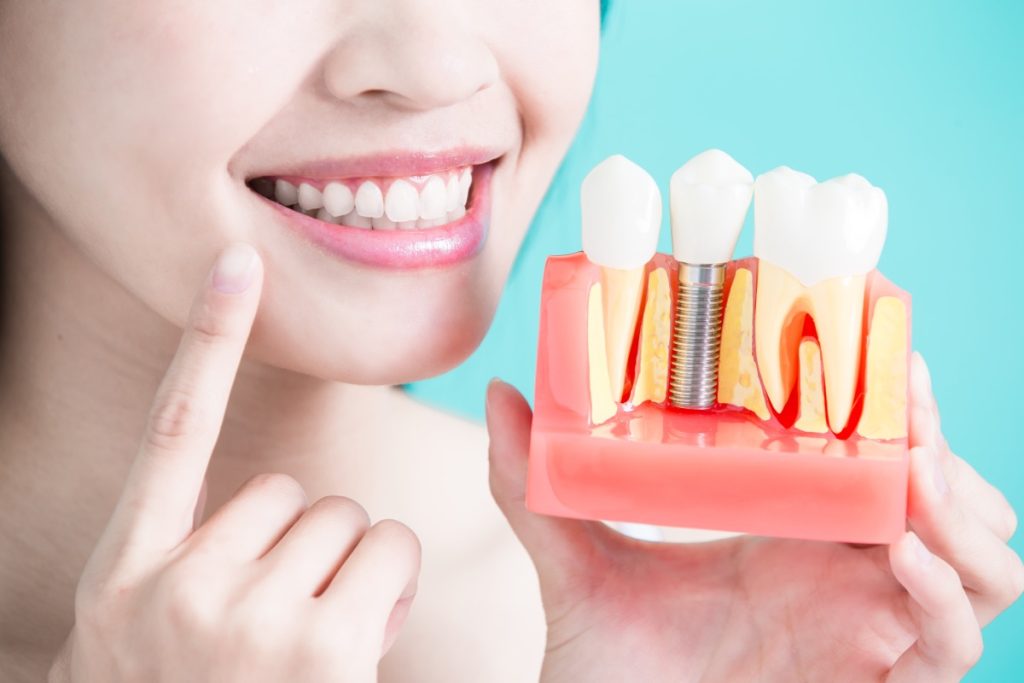Dental implants Clapham are the most effective method of replacing lost teeth available and they look extremely convincing. They feel like a natural tooth in your jaw and are entirely immobile, making them feel more like a part of you. Lots of questions have been asked about them. This brief article may help to answer some of the common queries you might have.
Why are oral implants popular?
Oral implants truly are the closest you can get to replacing your original lost teeth. Other treatments like veneers or crowns can provide you with the appearance of a healthy tooth, or provide structural support for a very damaged and compromised tooth. But they still require some element of the tooth remaining and particularly a healthy stable root, with the quality of the root being the biggest factor to the longevity of the restoration. This is not the case with oral implants, which do not require any remaining tooth components and when completed, are indistinguishable from a healthy normal tooth.
What is it like getting oral implants?
The often overlooked, although probably most important step in any medical procedure is the assessment and consultation during which you will discuss what your goals are and how treatment will meet your requirements. Everybody’s treatment path will be slightly different so this article will try to cover the most generic options, but there are several medical conditions that would significantly alter how you could receive oral implants, so please keep that in mind.

Implantation occurs over two sessions; during the first one, the gum is opened and the titanium component is placed inside the jaw. This is then given 6 to 12 months in order to fully integrate into the jawbone with new bone tissue growing around and locking the implant into place. In order to ensure that the implant is not disturbed and remains correctly aligned, the gum is closed over the top of the implant.
This has the advantage of avoiding infection and allowing the patient to continue with their everyday routine. Only when an X-ray confirms that the implant is securely and permanently in place is the gum reopened and the prosthetic attached to its titanium component.
Am I too old?
Age by itself is not a significant factor in the success rate of implants. Implanting would not be appropriate for very young patients who have not had their full set of adult teeth yet or whose jaws are growing and still developing, so there is a lower age limit of 18 years. There are factors related to health and lifestyle which reduce the chances of a successful procedure; these include osteoporosis, heavy smoking and drinking, as well as uncontrolled diabetes.
How long do implants last?
Once fully implanted in the jaw, implants can easily last 25 years to a lifetime. The maintenance of an immobilised oral prosthetic is comparable with natural teeth, with brushing flossing and 6 monthly check-ups. It is very rare for an implant to have to be extracted from the jaw and this is usually caused by an infection that occurred early in the surgical procedure. The prosthetic attached to the implant can be removed and replaced without disturbing the titanium component, further increasing its longevity.

